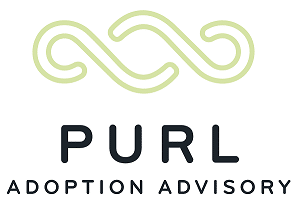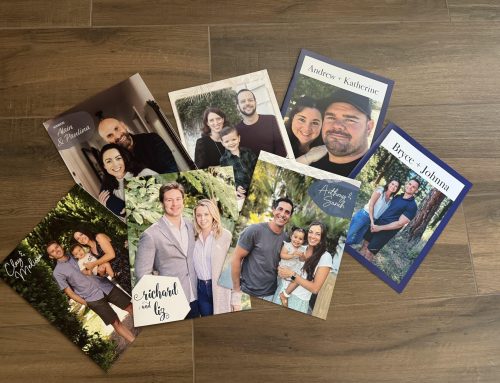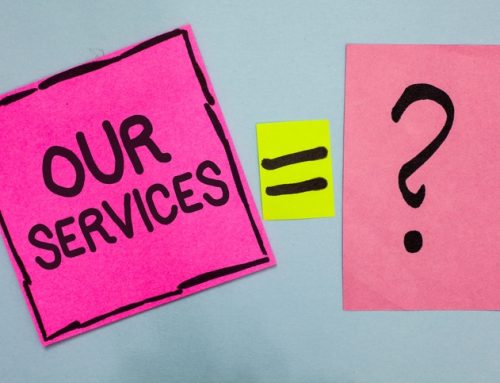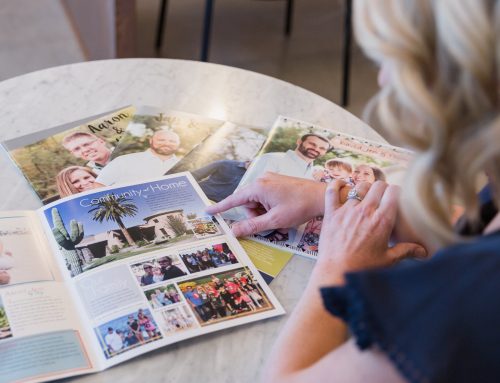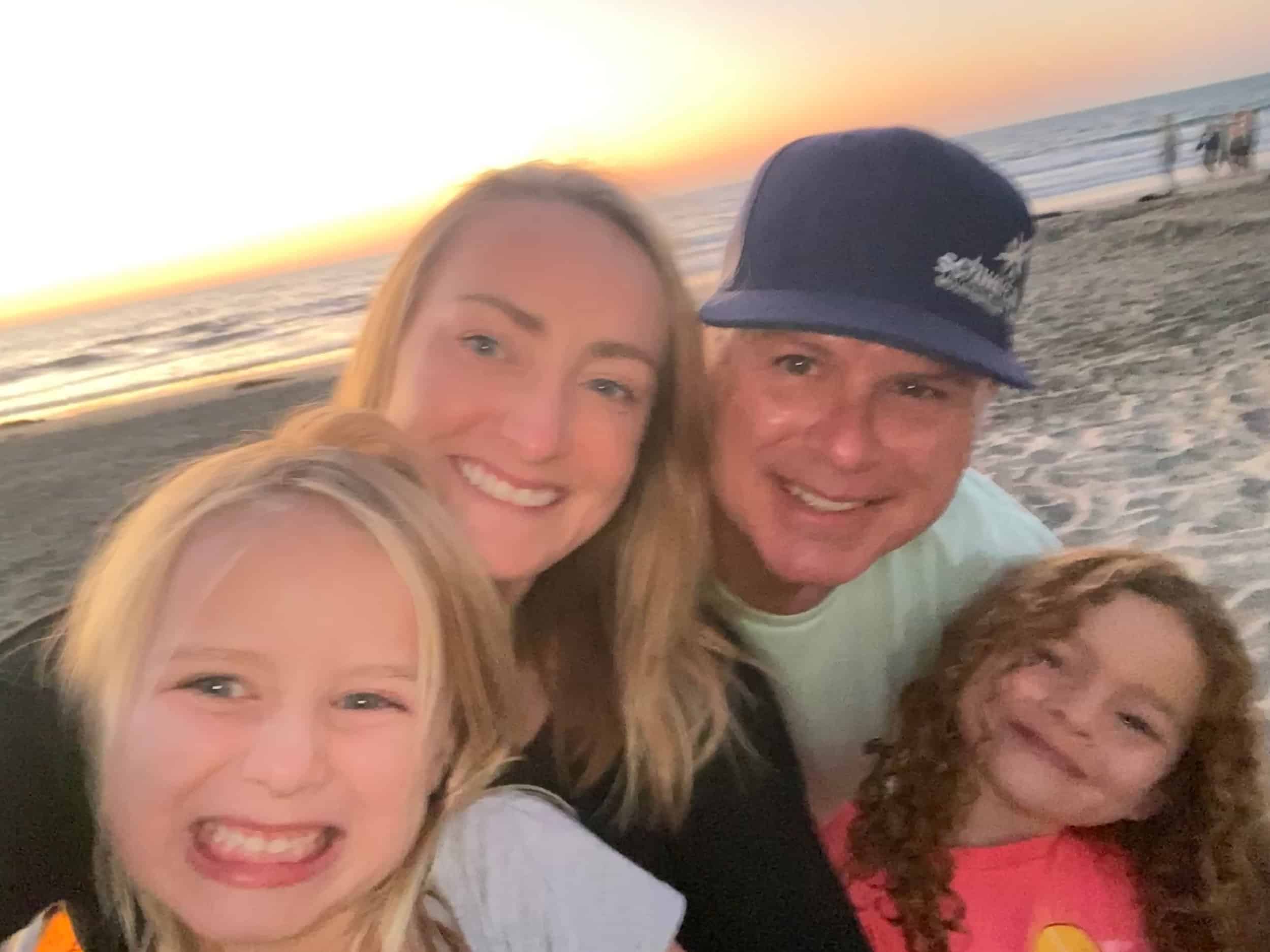
I (Katie Zimmerman, Purl’s Founder/CEO) wrote this as I was driving home from an amazing family trip to California, taking in Disneyland and a few days at a beachfront resort with our girls. We had so much fun, and the last night during a beachside BBQ Cora said “this is the life!”, which had us all in giggles. But thinking back, it made me a little sad. Why? It made me think back to things I thought as a waiting prospective adoptive family and even in the first year of parenthood, and how I thought I could provide my daughter with a “better life” than she would have had with her biological family. I’d heard similar statements being made by birth parents, who made the decision to place their child in order to provide their child a stable home, or more than they could give them at that time. Many birth parents make the decision to make an adoption plan due to a temporary or more long lasting financial crisis, or due to being a single mother without support from the birth father. Maybe they placed in order to focus on caring for the children they already have, or maybe it resulted from drug/alcohol addiction.
But I can’t help but focus on this key phrase now that I know more, now that I’ve spent five years listening to adoptees’ voices, particularly those adoptees that experience serious discontent with their adoptions. The phrase that hits me hard as the truth now: Different isn’t better. It is definitely different, the adoptee will face different hardships after an adoption than they would have had in their biological home, but there will be hardships nonetheless.
For example, an adoptive parent may be able to offer a more financially stable home, more opportunities for education, extracurricular activities and travel. Maybe those adoptive parents were chosen because they could offer a two parent home that wouldn’t exist with their birth family. But, there was still maternal separation and that child will likely experience trauma and loss due to their adoption, in a transracial adoption, there might also be loss associated with separation from their culture.
Had that child stayed with the biological home, there would not have been that trauma associated with the adoption/maternal separation, but there might have been hardships relating to financial crisis, or the hard that comes with being in a single parent home. In some cases where there is drug/alcohol exposure in utero, where the parents had continued addiction, those hardships might be more profound as the child may continue to grow up in that environment. There might be periods of separation from their family due to time spent in foster care, recovery or incarceration. But, in some cases, that child would have grown up with siblings and family that share that same familial bond.
It’s clear to me now that there is no guarantee of a “better life” when a child is placed into a financially stable, two parent adoptive home. There can still be abuse, there can still be crisis, divorce, death, things which takes away the original reasons the child was placed with that family. And there can also be so much unconditional love, amazing opportunities for that child, and the adoptee can still feel so much loss, brokenness, depression and anxiety due to adoption.
What is clear is that it is very individual, each adoptee feels something different about their adoption. Oftentimes you can do everything right as an adoptive parent and a child can still look back and wish things were different, that they weren’t separated from their birth family. I believe there will always be a need for adoption in this broken world we live in, but we can do better as adoptive parents to support the children we adopt and try and minimize the pain and struggle they feel as a result of it.
So my advice to prospective adoptive parents and new adoptive parents is to listen to adoptees’ perspectives and to your adoptee closely. Help your child through the hardships they will undoubtedly feel, at different levels, due to the trauma of adoption. Be prepared to get your child (and yourself) counseling from a professional skilled in trauma and adoption, and make sure you’re honoring any commitment you made to have an open adoption and keep those bonds with the birth family, as long as it is safe and in your child’s best interest. Try hard not to take it personally or get defensive when your child feels loss or expresses desire to know their origins and spend time with their birth family. Be there and listen to your child as they struggle with reunion or the realities of their birth family’s story and decisions. If you’re adopting transracially, listen to transracial adoptees about what they say would have helped them grow up in another home and another culture.
Do the best you can as a parent, and know you will make missteps, just make sure you own them and learn from them. Be open and honest with your child, in age appropriate ways. Educate yourself early (or as soon as you can), and consider every decision you make in your adoption journey. Do adoption as well as it can be done, and then you can share the full story of their adoption with your child without any regret. Adoption is so complicated, it is definitely not all rainbows and unicorns, and it isn’t always a better life for an adoptee, but absolutely a different one.

I (Katie Zimmerman, Purl’s Founder/CEO) wrote this as I was driving home from an amazing family trip to California, taking in Disneyland and a few days at a beachfront resort with our girls. We had so much fun, and the last night during a beachside BBQ Cora said “this is the life!”, which had us all in giggles. But thinking back, it made me a little sad. Why? It made me think back to things I thought as a waiting prospective adoptive family and even in the first year of parenthood, and how I thought I could provide my daughter with a “better life” than she would have had with her biological family. I’d heard similar statements being made by birth parents, who made the decision to place their child in order to provide their child a stable home, or more than they could give them at that time. Many birth parents make the decision to make an adoption plan due to a temporary or more long lasting financial crisis, or due to being a single mother without support from the birth father. Maybe they placed in order to focus on caring for the children they already have, or maybe it resulted from drug/alcohol addiction.
But I can’t help but focus on this key phrase now that I know more, now that I’ve spent five years listening to adoptees’ voices, particularly those adoptees that experience serious discontent with their adoptions. The phrase that hits me hard as the truth now: Different isn’t better. It is definitely different, the adoptee will face different hardships after an adoption than they would have had in their biological home, but there will be hardships nonetheless.
For example, an adoptive parent may be able to offer a more financially stable home, more opportunities for education, extracurricular activities and travel. Maybe those adoptive parents were chosen because they could offer a two parent home that wouldn’t exist with their birth family. But, there was still maternal separation and that child will likely experience trauma and loss due to their adoption, in a transracial adoption, there might also be loss associated with separation from their culture.
Had that child stayed with the biological home, there would not have been that trauma associated with the adoption/maternal separation, but there might have been hardships relating to financial crisis, or the hard that comes with being in a single parent home. In some cases where there is drug/alcohol exposure in utero, where the parents had continued addiction, those hardships might be more profound as the child may continue to grow up in that environment. There might be periods of separation from their family due to time spent in foster care, recovery or incarceration. But, in some cases, that child would have grown up with siblings and family that share that same familial bond.
It’s clear to me now that there is no guarantee of a “better life” when a child is placed into a financially stable, two parent adoptive home. There can still be abuse, there can still be crisis, divorce, death, things which takes away the original reasons the child was placed with that family. And there can also be so much unconditional love, amazing opportunities for that child, and the adoptee can still feel so much loss, brokenness, depression and anxiety due to adoption.
What is clear is that it is very individual, each adoptee feels something different about their adoption. Oftentimes you can do everything right as an adoptive parent and a child can still look back and wish things were different, that they weren’t separated from their birth family. I believe there will always be a need for adoption in this broken world we live in, but we can do better as adoptive parents to support the children we adopt and try and minimize the pain and struggle they feel as a result of it.
So my advice to prospective adoptive parents and new adoptive parents is to listen to adoptees’ perspectives and to your adoptee closely. Help your child through the hardships they will undoubtedly feel, at different levels, due to the trauma of adoption. Be prepared to get your child (and yourself) counseling from a professional skilled in trauma and adoption, and make sure you’re honoring any commitment you made to have an open adoption and keep those bonds with the birth family, as long as it is safe and in your child’s best interest. Try hard not to take it personally or get defensive when your child feels loss or expresses desire to know their origins and spend time with their birth family. Be there and listen to your child as they struggle with reunion or the realities of their birth family’s story and decisions. If you’re adopting transracially, listen to transracial adoptees about what they say would have helped them grow up in another home and another culture.
Do the best you can as a parent, and know you will make missteps, just make sure you own them and learn from them. Be open and honest with your child, in age appropriate ways. Educate yourself early (or as soon as you can), and consider every decision you make in your adoption journey. Do adoption as well as it can be done, and then you can share the full story of their adoption with your child without any regret. Adoption is so complicated, it is definitely not all rainbows and unicorns, and it isn’t always a better life for an adoptee, but absolutely a different one.
